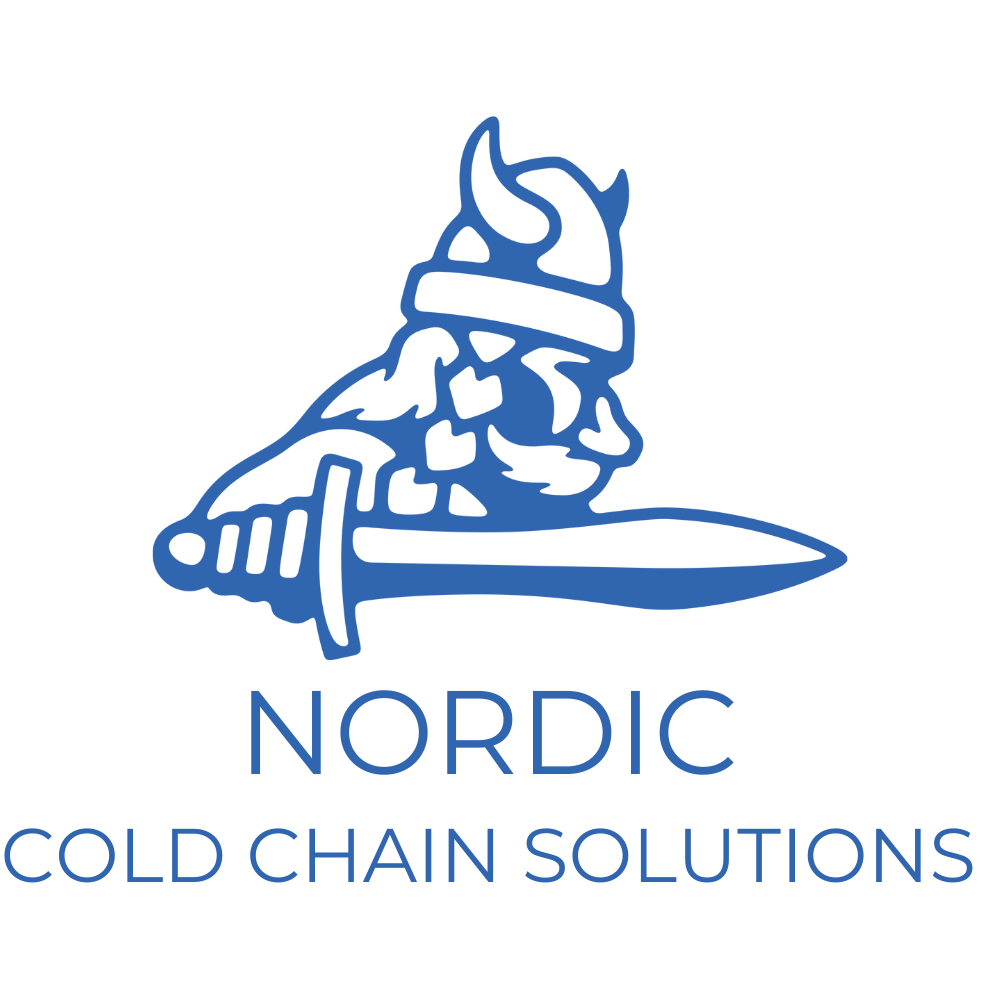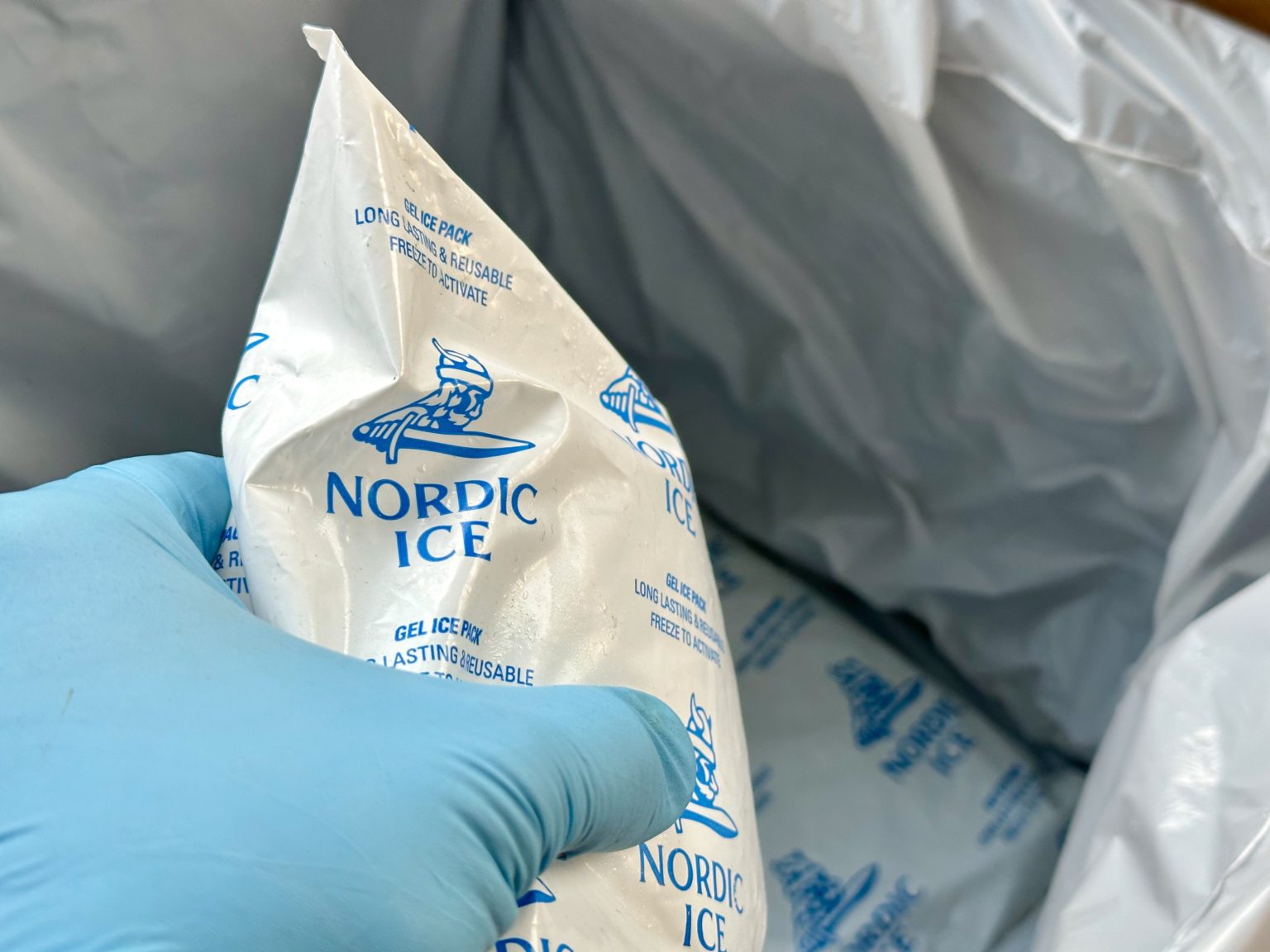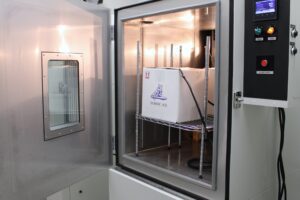Gel packs are widely used in the pharmaceutical and medical industries for transporting temperature-sensitive products, such as vaccines, blood samples, and drugs. The conditioning of gel packs is critical to ensure they maintain the desired temperature during transportation. To support this process, frozen programs utilizing redundant freezers can be an asset.

What Are Redundant Freezers?
Redundant freezers refer to multiple freezing locations available to support the conditioning of gel packs. These freezers are not the primary freezers used for a specific clients’ site but an alternate site with similar capabilities in proximity.
Benefits of Redundant Freezers:
Improved reliability
Redundant freezers can improve the reliability of the conditioning process. In case of any unexpected failure of the primary freezer, the redundant freezer can be used as a backup to ensure the conditioning process is not affected.

Reduced downtime
In the absence of redundant freezers, any issue with the primary freezer used for conditioning could result in delays or downtime. However, with redundant freezers available, the downtime can be minimized, and the conditioning process can continue without any interruptions.
Increased flexibility
The availability of redundant freezers provides flexibility in scheduling conditioning activities. This means that when last-minute changes or increases occur the alternate site adds an extra layer of options to support the customer’s need.
Cost-effective
Catastrophe can strike at any time. Having a multi-site program in place can be the difference between providing seamless service, moving the shipment to another facility to ship, or not making the shipment at all. Disruptions cost money.
Conclusion:

In conclusion, redundant freezers can be an asset in supporting gel pack conditioning programs. They provide increased reliability, reduced downtime, increased flexibility, improved safety, and cost-effectiveness. Investing in suppliers with redundant freezer networks can be a wise decision for organizations that deal with temperature-sensitive products and want to ensure the integrity of their products during transportation.







